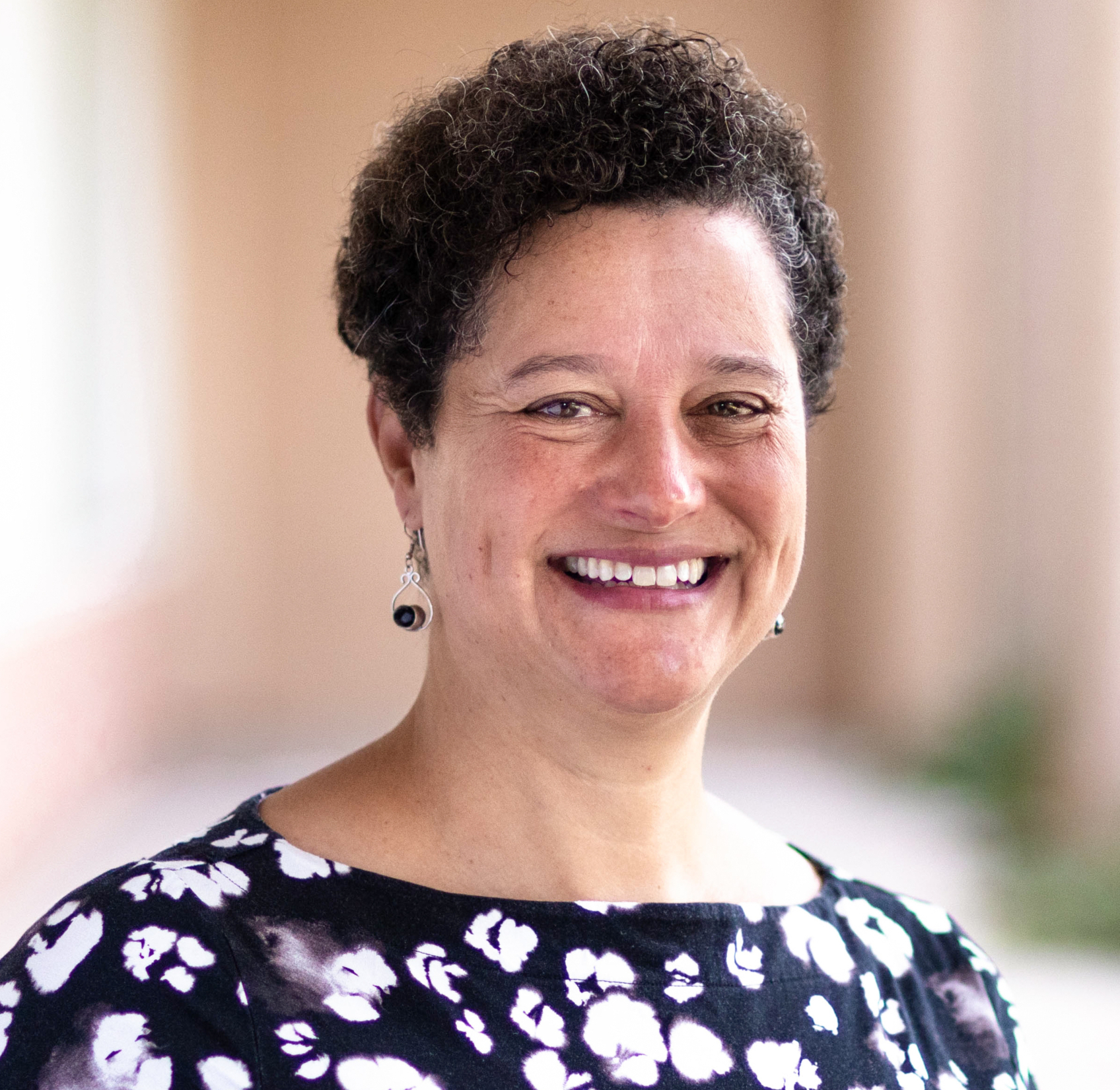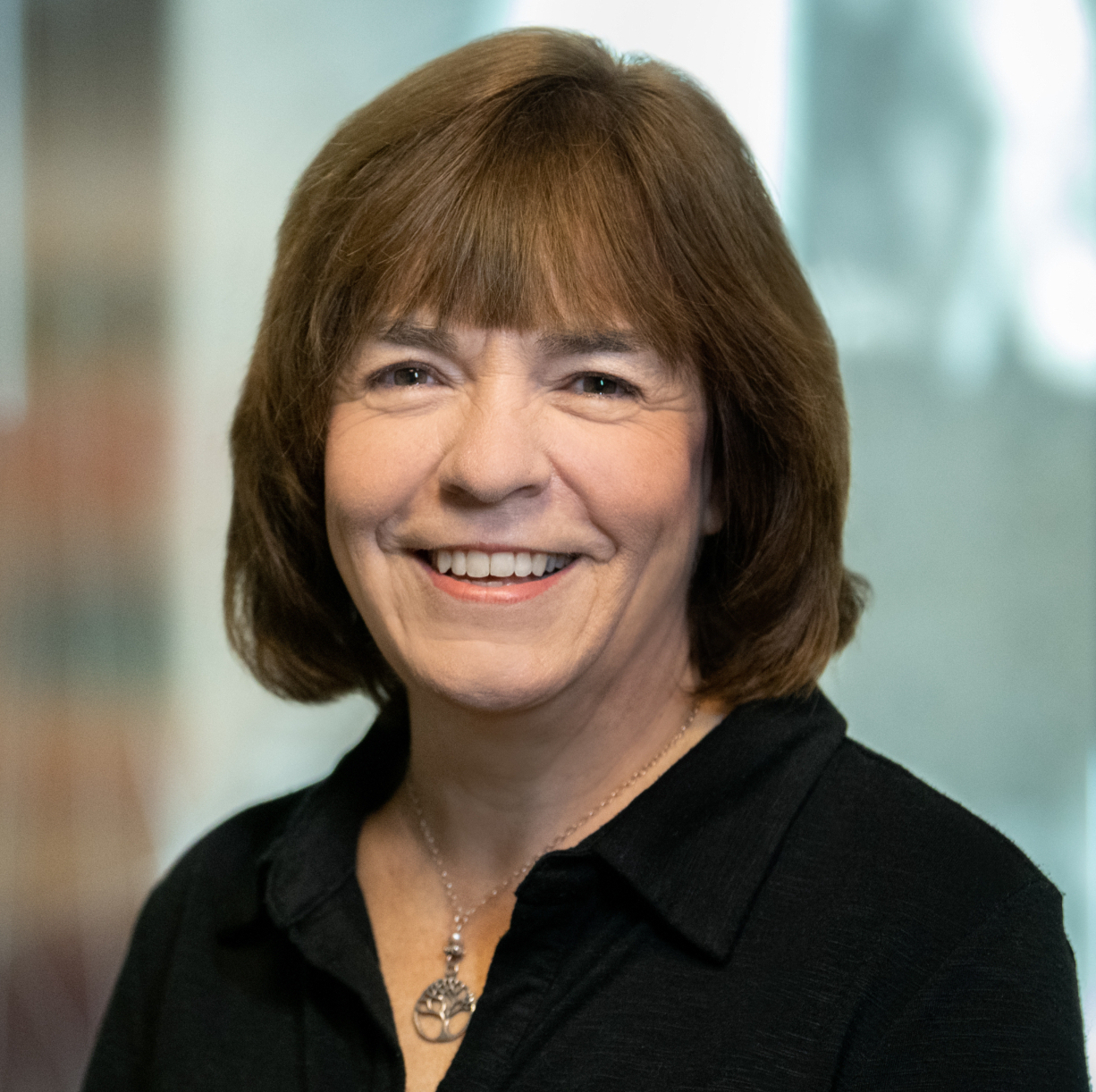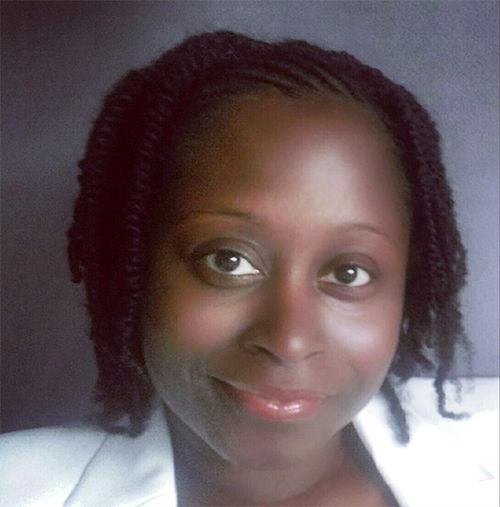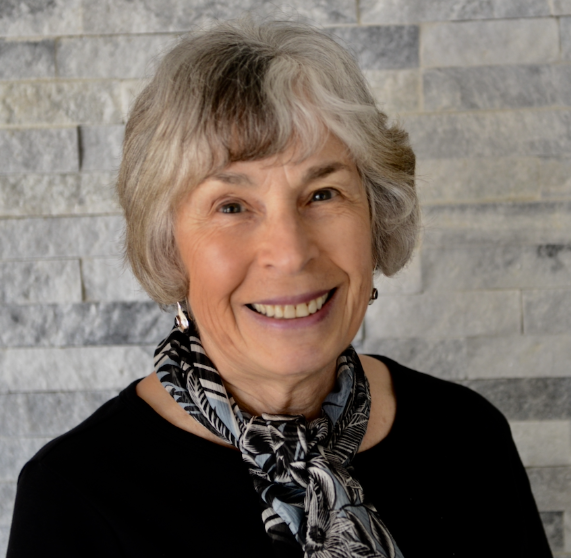CRA-WP Welcomes New Board Members; Lori Clarke Becomes Emerita Board Member
CRA-WP would like to welcome five new members to its Board of Directors: Dan Garcia, Kyla McMullen, Melanie Moses, Jodi Tims, and Gloria Washington. Additionally, Former CRA-WP Co-chair Lori Clarke has retired from the Board and is now an emerita member. Many thanks to Lori for her dedication to the success program and many impactful contributions while on the Board.
 Dan Garcia (UC Berkeley MS 1995, PhD 2000) is a Teaching Professor in the Electrical Engineering and Computer Science department at UC Berkeley. Selected as an ACM Distinguished Educator in 2012 and ACM Distinguished Speaker in 2019, he has won all four of the department’s computer science teaching awards, and holds the record for the highest teaching effectiveness ratings in the history of several of the department’s courses.
Dan Garcia (UC Berkeley MS 1995, PhD 2000) is a Teaching Professor in the Electrical Engineering and Computer Science department at UC Berkeley. Selected as an ACM Distinguished Educator in 2012 and ACM Distinguished Speaker in 2019, he has won all four of the department’s computer science teaching awards, and holds the record for the highest teaching effectiveness ratings in the history of several of the department’s courses.
He is a national leader in the “CSforALL” and “A’s for All (as time and interest allow)” movements, bringing engaging computer science to students normally underrepresented in the field, and supporting them to achieve proficiency. Thanks to four National Science Foundation grants, the “Beauty and Joy of Computing (BJC)” non-majors course he co-developed has been shared with over 1,000 high school teachers! He is delighted to regularly have more than 50% female enrollment in BJC, with a high mark of 63% in the Spring of 2018, shattering the record at UC Berkeley for an intro computing course, and is among the highest in the nation! He is humbled by the national exposure he and the course have received in the New York Times, PBS NewsHour, NPR’s All Things Considered, USA Today, and the front pages of the San Jose Mercury News and San Francisco Chronicle.
He has won the NCWIT Undergraduate Research Mentoring award, the UC Berkeley Unsung Hero award, the LPFI Lux award, the SAP Visionary Member award, and was chosen as a Google CS4HS Ambassador for his work to support teachers and diversify computing. He has served on the CRA-WP Board, ACM Education Board, the College Board Computer Science Principles Development Committee, was the ACM SIGCSE Program co-chair in 2017, and the ACM SIGCSE Symposium co-chair in 2018. He was voted ACM SIGCSE Vice-Chair from 2019-2022, and Secretary from 2022-2025. In 2019 it was announced he was the most frequent SIGCSE author in their 50-year history, with *61* submissions of all kinds: papers, panels, workshops, posters, etc.; second place had 42.
His computer science education research and development (R&D) interests are squarely centered on advancing equity through assessment transformations. He is a vocal evangelist for the “A’s for All (as time and interest allow)” initiative that provides students with the time they need to achieve proficiency through soft deadlines, multiple-chance exams, and pre-approved incomplete grades. His GamesCrafters undergraduate computational game theory R&D group builds tools to solve and analyze abstract strategy games. He has advised 25 MS students and over a thousand undergraduates since forming his varied Research, Art, and Development (RAD) groups in 2001.
 Kyla McMullen is an Associate Professor in the Department of Computer & Information Sciences & Engineering at the University of Florida. She received her Bachelor of Science in Computer Science from the University of Maryland, Baltimore County (UMBC) as a Meyerhoff Scholar. She then pursued her Masters and Ph.D. degrees in Computer Science and Engineering from the University of Michigan, where she made history as the first (and still only) African-American woman to obtain a Ph.D. in Computer Science and Engineering.
Kyla McMullen is an Associate Professor in the Department of Computer & Information Sciences & Engineering at the University of Florida. She received her Bachelor of Science in Computer Science from the University of Maryland, Baltimore County (UMBC) as a Meyerhoff Scholar. She then pursued her Masters and Ph.D. degrees in Computer Science and Engineering from the University of Michigan, where she made history as the first (and still only) African-American woman to obtain a Ph.D. in Computer Science and Engineering.
Dr. McMullen’s research interests are focused on the perception, development, and applications of 3D audio technologies. Her work involves digitally filtering sounds to create a realistic virtual environment that enhances data sonification, assists people with visual impairments, and reduces cognitive load in multimodal systems. In recognition of her contributions, she received the prestigious National Science Foundation’s CAREER Award. She is also the Principal Investigator of an NSF S-STEM award designed to alleviate the financial burden of graduate school for Ph.D. students.
Apart from her academic work, Dr. McMullen is also a dedicated advocate for diversity and inclusion in the field of computing. She serves on the steering committee for the NSF’s Institute for African-American Mentoring in Computing Sciences (iAAMCS) and has chaired the National Society of Blacks in Computing conference, which brings together Black computing students, faculty, and industry professionals for networking, professional development, and career advancement. Dr. McMullen is also a co-host of the Modern Figures Podcast, supported by iAAMCS, The National Center for Women and Information Technology (NCWIT), and CRA-WP, which showcases the often-underrepresented stories of Black women in computing.
 Melanie E. Moses is a Professor of Computer Science and Biology at the University of New Mexico and an External Faculty Member at the Santa Fe Institute. She earned a B.S. from Stanford University in Symbolic Systems and a Ph.D. in Biology from UNM. Her interdisciplinary research crosses the boundaries of Computer Science and Biology by modeling search processes in complex adaptive systems such as ant colonies and immune systems, and most recently the immune response to the virus that causes COVID-19. She uses bio-inspired design of swarms of robots to autonomously cooperate with each other and adapt to monitor environmental conditions, currently focused on monitoring the gas emissions from volcanoes. She has mentored dozens of graduate and undergraduate students and led projects including NM CSforAll, the NASA Swarmathon, and the Google ExploreCSR Swarmathon:TNG to engage thousands of women and members of underrepresented groups in computer science from high school through graduate school. She co-founded the UNM-SFI Working Group on Algorithmic Justice, is part of the UNM ADVANCE program to support the success of women faculty in STEM, and she currently serves on the Computing Research Association’s Computing Community Consortium Council and the Board of CRA-Widening Participation.
Melanie E. Moses is a Professor of Computer Science and Biology at the University of New Mexico and an External Faculty Member at the Santa Fe Institute. She earned a B.S. from Stanford University in Symbolic Systems and a Ph.D. in Biology from UNM. Her interdisciplinary research crosses the boundaries of Computer Science and Biology by modeling search processes in complex adaptive systems such as ant colonies and immune systems, and most recently the immune response to the virus that causes COVID-19. She uses bio-inspired design of swarms of robots to autonomously cooperate with each other and adapt to monitor environmental conditions, currently focused on monitoring the gas emissions from volcanoes. She has mentored dozens of graduate and undergraduate students and led projects including NM CSforAll, the NASA Swarmathon, and the Google ExploreCSR Swarmathon:TNG to engage thousands of women and members of underrepresented groups in computer science from high school through graduate school. She co-founded the UNM-SFI Working Group on Algorithmic Justice, is part of the UNM ADVANCE program to support the success of women faculty in STEM, and she currently serves on the Computing Research Association’s Computing Community Consortium Council and the Board of CRA-Widening Participation.
 Jodi Tims is the Associate Dean of Network Programs and a Professor of the Practice in the Khoury College of Computer Sciences at Northeastern University. She earned her Ph.D. in Computer Science from the University of Pittsburgh (1998) with Programming Languages as her area of research. In recent years she has been a co-author on the ACM NDC annual report, which provides valuable graduation, enrollment, and demographic information to non-doctoral granting institutions of higher education. Dr. Tims is very active in service to the women in computing community having served as chair of ACM-W, chair of the Ohio Council of Women in Computing (OCWiC), and in advisory board capacity with CRA-WP, NCWIT, and AnitaB.org. She also is a member of Greater Cleveland Partnership Technology Board of Advisors, which is a collaborative of industry and academic partners seeking to support the growth of the technology sector in the Cleveland, OH region. Dr. Tims is active in the computing education community as a member of ACM’s Special Interest Group on Computer Science Education, the ACM Education Advisory Committee, the Mathematics Foundation subcommittee of the ACM CS2023 Curricular Task Force, and several SIGCSE symposia committees, including serving as SIGCSE 2016 co-chair and currently as the SIGCSE Technical Symposium sponsor co-liaison. In her spare time, she enjoys many outdoor activities including biking, tennis, running and golf.
Jodi Tims is the Associate Dean of Network Programs and a Professor of the Practice in the Khoury College of Computer Sciences at Northeastern University. She earned her Ph.D. in Computer Science from the University of Pittsburgh (1998) with Programming Languages as her area of research. In recent years she has been a co-author on the ACM NDC annual report, which provides valuable graduation, enrollment, and demographic information to non-doctoral granting institutions of higher education. Dr. Tims is very active in service to the women in computing community having served as chair of ACM-W, chair of the Ohio Council of Women in Computing (OCWiC), and in advisory board capacity with CRA-WP, NCWIT, and AnitaB.org. She also is a member of Greater Cleveland Partnership Technology Board of Advisors, which is a collaborative of industry and academic partners seeking to support the growth of the technology sector in the Cleveland, OH region. Dr. Tims is active in the computing education community as a member of ACM’s Special Interest Group on Computer Science Education, the ACM Education Advisory Committee, the Mathematics Foundation subcommittee of the ACM CS2023 Curricular Task Force, and several SIGCSE symposia committees, including serving as SIGCSE 2016 co-chair and currently as the SIGCSE Technical Symposium sponsor co-liaison. In her spare time, she enjoys many outdoor activities including biking, tennis, running and golf.
 Gloria Washington is currently an Associate Professor of Computer Science at Howard University in Washington, DC. She runs the Affective Biometrics Lab with students. She has been interviewed on AI Bias by National Geographic.
Gloria Washington is currently an Associate Professor of Computer Science at Howard University in Washington, DC. She runs the Affective Biometrics Lab with students. She has been interviewed on AI Bias by National Geographic.
She is a technology researcher that focuses on the intersection of human-centered computing, affective computing, and biometrics. She believes her research seeks to give voices to the underserved and marginalized by asking questions like: “how can technology impact positive human emotions while reducing systematic racism and barriers to equity and how can technology build lasting social impact through requiring persons to feel empathy…not just look away?”
She has more than fifteen years in government service and has broadly presented her research throughout industry. Dr. Washington holds a BS in Computer Information Systems from Lincoln University of Missouri, and MS and PhD degrees in CS from George Washington University.
 Lori A. Clarke is currently an emerita professor in the College of Information and Computer Sciences, University of Massachusetts Amherst, after serving on the computer science faculty for forty years and as chair from 2011-2015. She is a Fellow of the ACM and IEEE, and a board member of the Computing Research Association’s Committee on Widening Participation in Computing Research (CRA-WP). She is a former vice chair of the Computing Research Association (CRA), co-chair of CRA-W(P), IEEE Publication Board member, associate editor of ACM TOPLAS and IEEE TSE, member of the CCR NSF advisory board, and ACM SIGSOFT chair. Awards include the 2012 SIGSOFT Outstanding Research Award, 2011 University of Massachusetts Outstanding Accomplishments in Research and Creative Activity Award, the 2009 College of Natural Sciences and Mathematics Outstanding Faculty Service Award, the 2004 University of Colorado, Boulder Distinguished Engineering Alumni Award, and the 2002 SIGSOFT Distinguished Service Award.
Lori A. Clarke is currently an emerita professor in the College of Information and Computer Sciences, University of Massachusetts Amherst, after serving on the computer science faculty for forty years and as chair from 2011-2015. She is a Fellow of the ACM and IEEE, and a board member of the Computing Research Association’s Committee on Widening Participation in Computing Research (CRA-WP). She is a former vice chair of the Computing Research Association (CRA), co-chair of CRA-W(P), IEEE Publication Board member, associate editor of ACM TOPLAS and IEEE TSE, member of the CCR NSF advisory board, and ACM SIGSOFT chair. Awards include the 2012 SIGSOFT Outstanding Research Award, 2011 University of Massachusetts Outstanding Accomplishments in Research and Creative Activity Award, the 2009 College of Natural Sciences and Mathematics Outstanding Faculty Service Award, the 2004 University of Colorado, Boulder Distinguished Engineering Alumni Award, and the 2002 SIGSOFT Distinguished Service Award.
Dr. Clarke’s research is in the area of software engineering. She is one of the initial developers of symbolic execution and developed one of the first model checking systems applicable to distributed software systems. Recently she has been investigating applying software engineering technologies to detect errors and vulnerabilities in complex, human-intensive processes in domains such as healthcare. She is also involved in efforts to increase participation of underrepresented groups in computing research.






